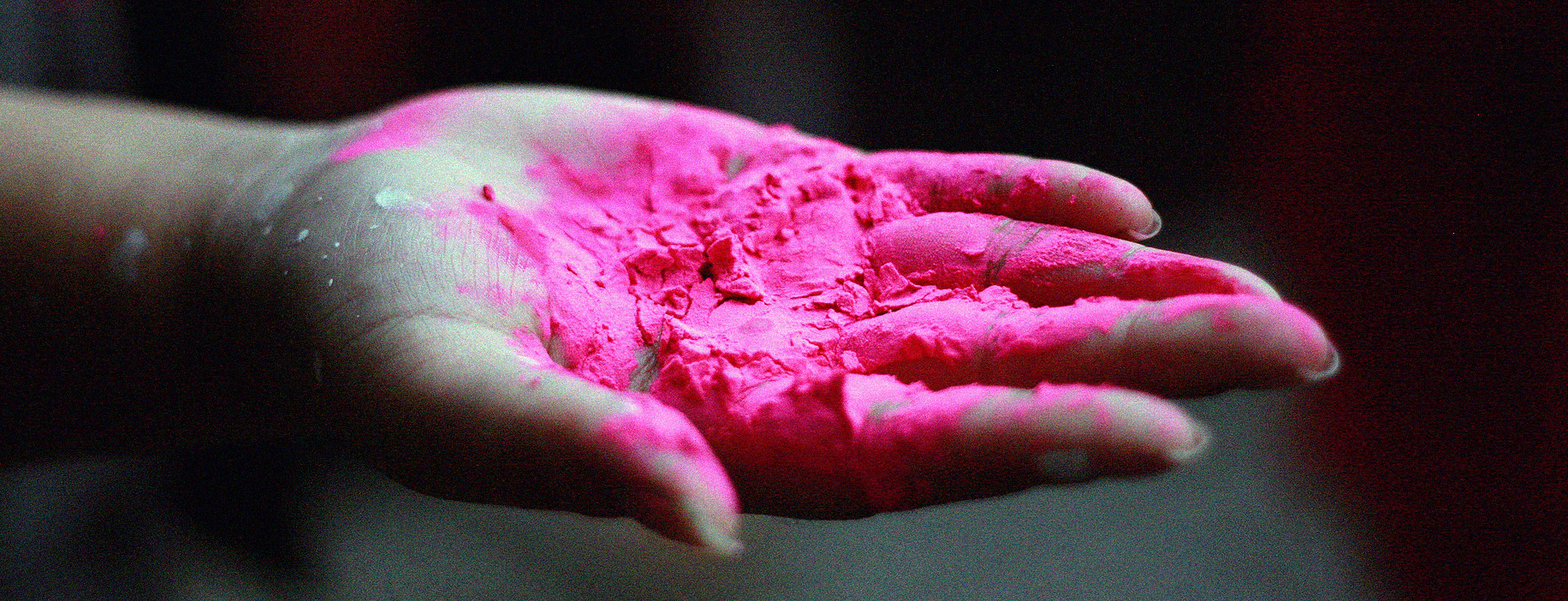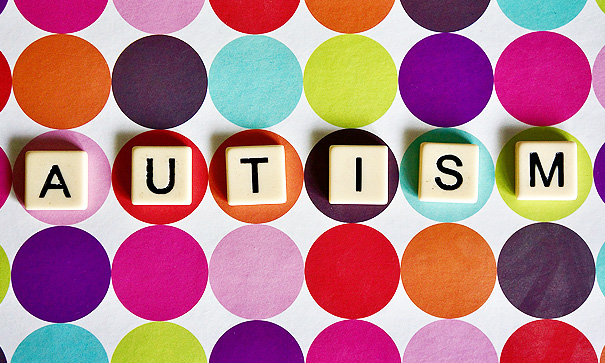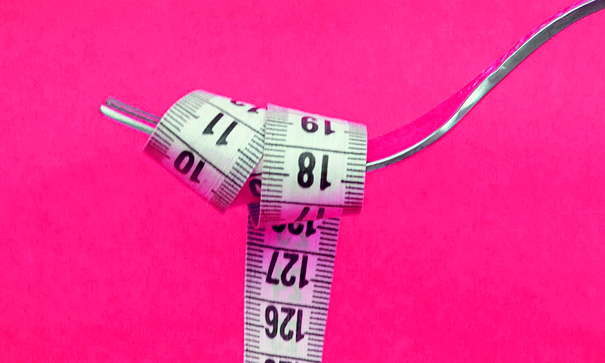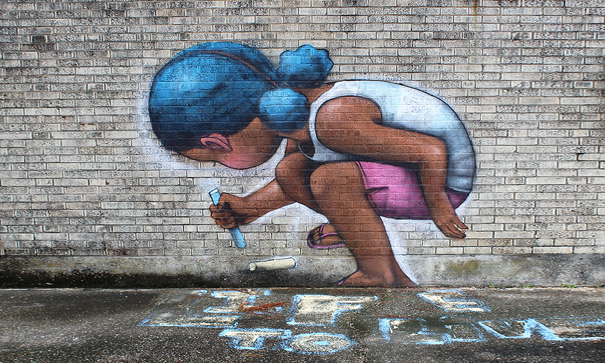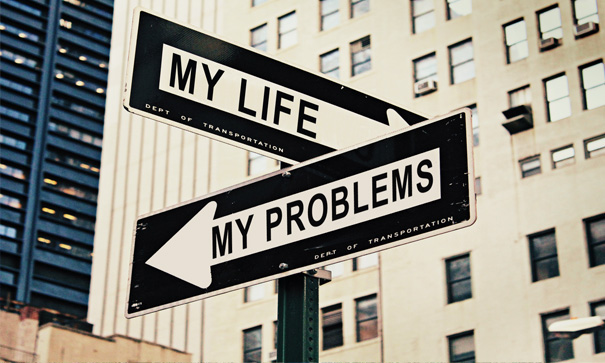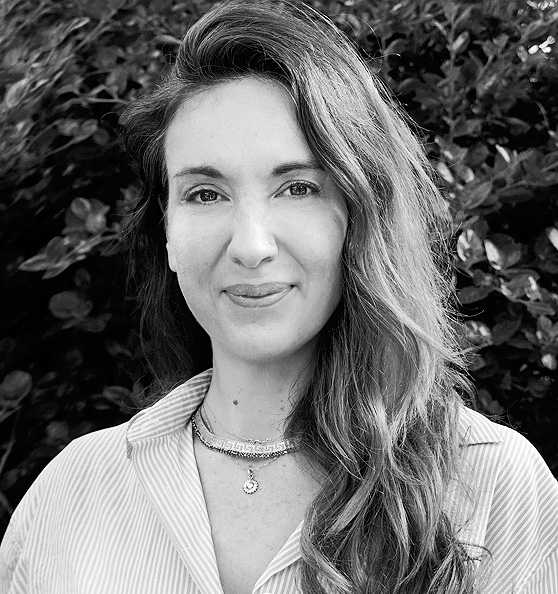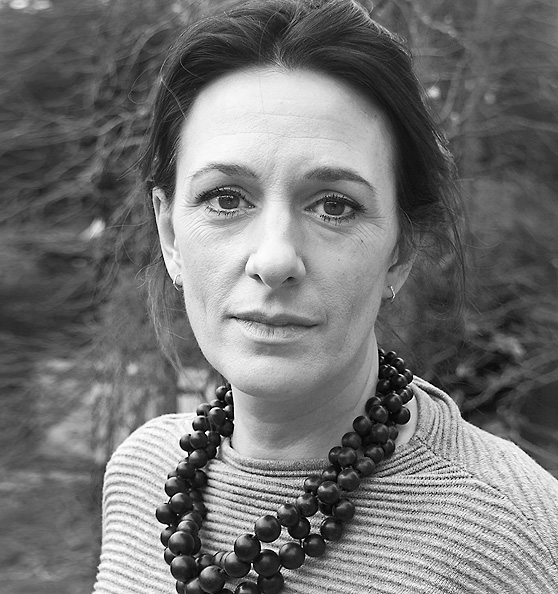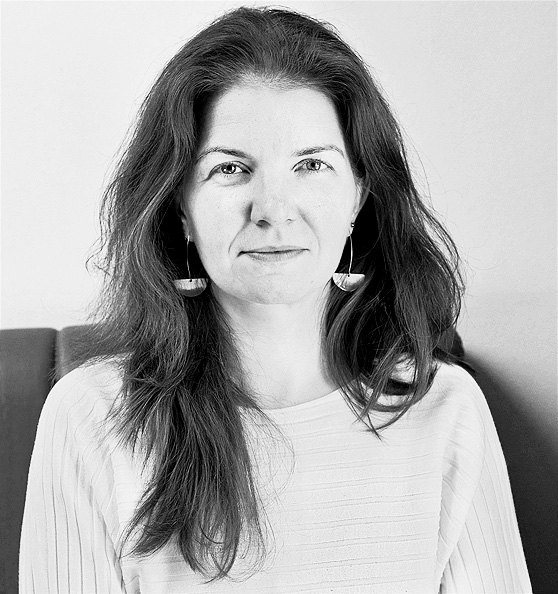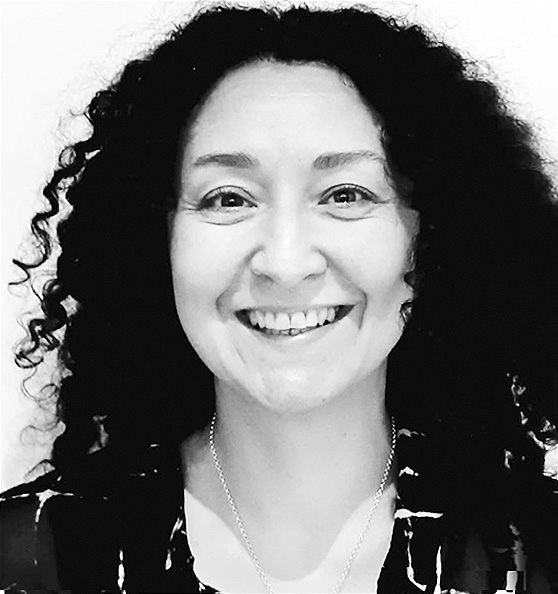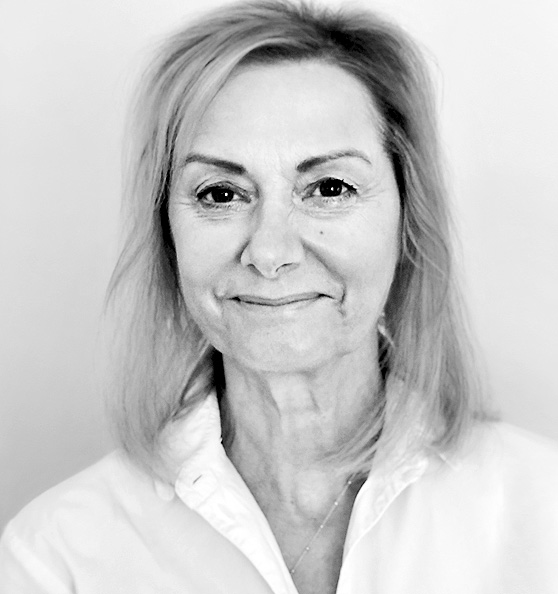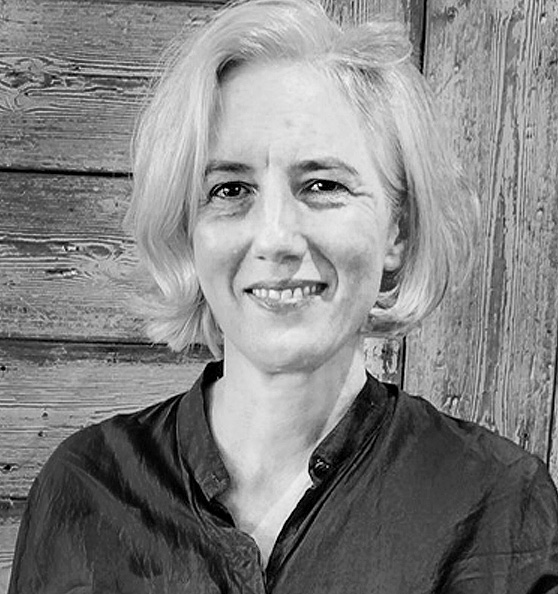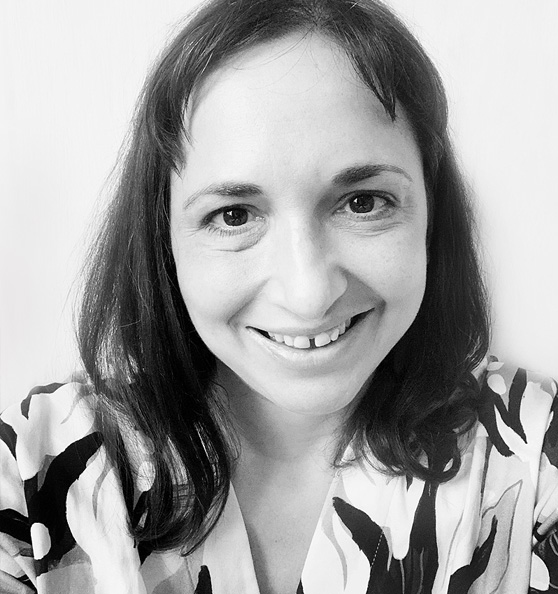What Is Creative Arts Therapy?: Reducing stress and giving you a positive effect on your mental health is one of the core aims of creative arts therapy. This type of therapy modality is any type of therapy that works with your creative side to provide therapeutic benefit.
The most common creative arts to work with therapeutically are art, drama, music, dance and poetry. ‘Expressive arts therapy’ is a modality that incorporates multiple art forms.
It is rooted in the ideas that creative expression is beneficial for wellbeing, that psychological issues and situations can be best expressed non verbally (or using metaphor), and that creative expression without judgement can boost self-confidence, aid self-knowledge, and help you express yourself in other ways.
Creative arts therapies work for people of all ages, in groups and individually, and you will not need any experience or talent in the creative art you choose, since the focus is on your inner experience rather than your output. An experienced practitioner will encourage you to respond to the art of others as well as create your own.
The different types of creative arts therapies we offer include Narrative Therapy and Art and Drama Therapy.

